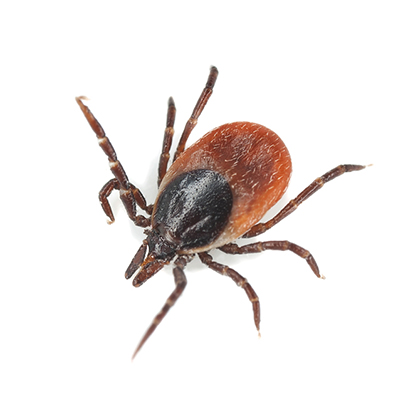Act Now to Prevent Tick Paralysis
With the warm weather now in play and the high season for ticks, the Australian Veterinary Association (AVA) is encouraging pet owners to talk to their veterinarian now about ways to prevent serious harm or death from toxic ticks. President of the AVA Dr Paula Parker said that as the weather warms up, dog and cat owners need to be vigilant, particularly in tick prone areas.
“Ticks breed mainly along the east coast of Australia in warm and humid weather so now is the time for pet owners to ensure they take preventive measures to avoid what can sometimes be a fatal outcome,” she said.
We now have highly effective, safe, APVMA approved tick preventatives for dogs and cats. Pet owners should speak to their local vet who can advise on the best prevention method for their situation and type of pet.
“Paralysis ticks tend to attach to the head and neck area of the pet and on the chest and the front of the leg but can generally be found on any part of the body. Ticks release a toxin when they feed, which leads to a condition known as tick paralysis. Common signs of tick paralysis include difficulty walking, gurgling and choking. Dogs may not be able to bark properly.”
Dr Parker said that ideally pet owners should check dogs and cats regularly by running their hands over the animal to feel for anything unusual.
“In cats, ticks often latch around the neck where they can’t groom, so it’s important to pay special attention to this area. If you think your pet has a tick the best course of action is to contact your vet.
“Even if you find and remove a tick, it’s still important that your pet is seen by a vet as your pet can be affected by the toxin for 24 hours after removal or longer. Early treatment gives the best chance of survival,” Dr Parker said.
The only thing better than early treatment is prevention. Thankfully, with the preventatives available now, Tick Paralysis only needs to occur in the history books.











